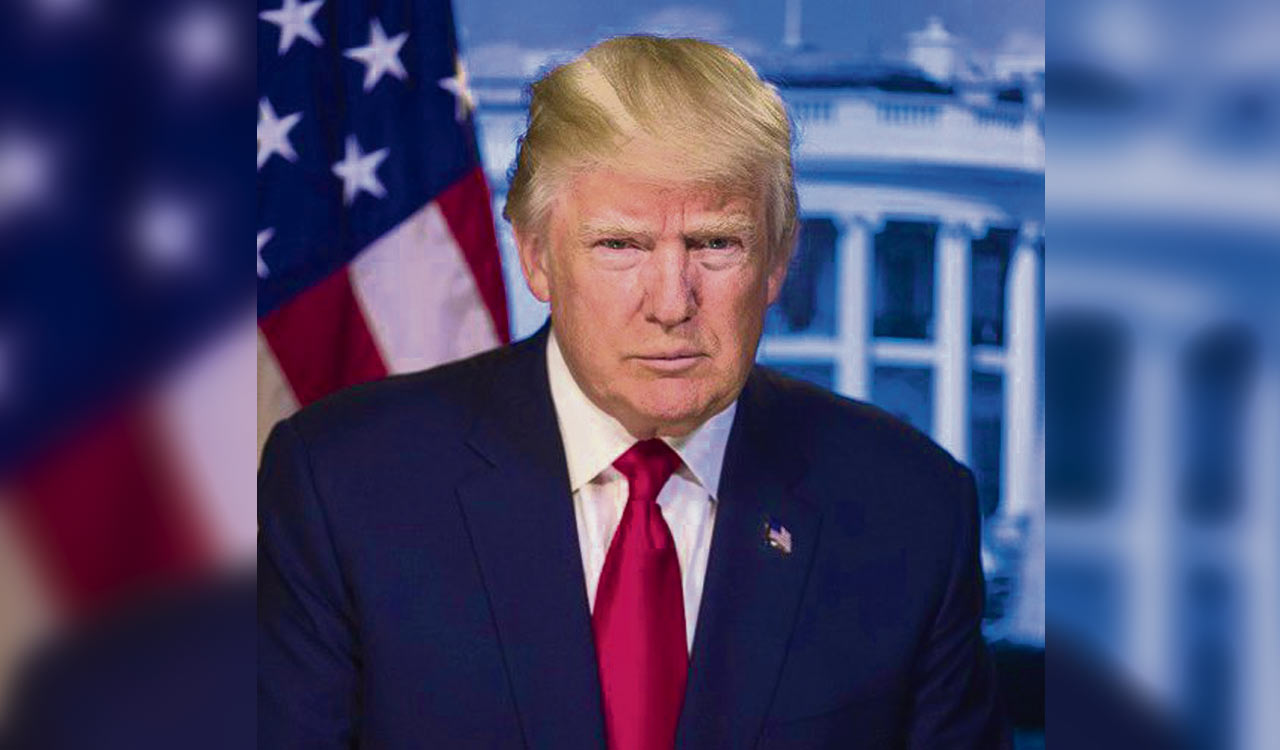Editorial: Trump’s shadow over climate summit
Donald Trump’s push to ramp up fossil fuel production and refusal to provide climate finance will deepen the crisis

The return of Donald Trump as the President of the United States has cast a grim shadow over the global climate summit — COP29 (Conference of Parties) — which opened in Azerbaijan’s capital Baku. The most significant impact of the leadership change in America would be felt in the area of climate finance agreements at COP29 as Trump 2.0 is not expected to make any fresh commitments. In fact, Trump, who often called climate change a hoax, has made known his plans to once again withdraw the US from the Paris climate agreement at the start of his second presidency while his advisers are also talking about withdrawing from the UN Framework Convention on Climate Change (UNFCCC) ratified by the US Senate way back in 1992. The maverick Republican leader’s previous term from 2017 to 2021 was marked by significant climate policy rollbacks, including the withdrawal from the landmark 2015 Paris Agreement that mandates the international community to limit the rise in global temperatures to 1.5 degrees Celsius above pre-industrial levels. Trump’s recent poll campaign focused on a pro-fossil fuel agenda, advocating more oil drilling and slashing investments in clean energy. Climate negotiators and experts fear that Trump’s return to the White House significantly reduces the ability of nations to agree on a new global finance target or increase the pool of countries that should contribute. Pushing for more ambitious climate finance will be almost impossible without American participation. In the changed scenario, there will be more pressure on Europe and China to lead international progress in curbing planetary warming.
Trump’s victory is a profound blow to global climate justice and an alarming escalation of climate risk for the world’s most vulnerable communities including those in India. His push to ramp up fossil fuel production, disregard for international agreements and refusal to provide climate finance will deepen the crisis, endangering lives and livelihoods — especially in regions least responsible for, yet most impacted by climate change. At COP29, representatives from 196 countries are set to negotiate the New Collective Quantified Goals regarding climate finance. The summit is expected to generate heat on the quantity of the finance, though most developing and less developed countries demand that it should be in trillions. This includes India, which is pushing for $1 trillion. At present, climate finance is the most contentious issue with nations disagreeing on who should pay how much and what forms the funding should take — either loans or grants. The flow of funds has been erratic and inadequate over the years. For India, the deliberations provide yet another opportunity to voice the concerns of the developing countries. India cites its low per capita emissions to counter any international demand to cap its overall emissions, arguing that it needs to lift its people to similar standards of living as in the developed countries.
Related News
-
Is Alkaline water worth the hype? Find out here
2 mins ago -
Sailaja Reddy hosts Christmas celebration for underprivileged children through Sailaja Aryan Foundation
2 mins ago -
BRS MLC Kavitha criticises Congress for neglecting Kamareddy BC Declaration promises
7 mins ago -
Medak Church decked up for Christmas; CM to attend celebrations
15 mins ago -
Crimes against girls go unabated in Mancherial, Nirmal
15 mins ago -
From Tsunami’s grip to life’s leap: The rise of ‘Baby 81’
21 mins ago -
Cameras start to roll as Sunny Deol-starrer ‘Border 2’ commences shoot
31 mins ago -
Sigmund Freud and some of his popular theories
31 mins ago




